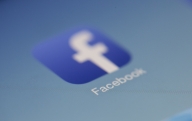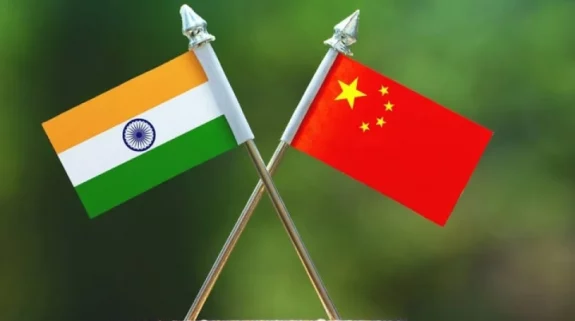Facebook has blocked Australian users from sharing or viewing news content on the platform, causing much alarm over public access to key information, according to a BBC report.
The move comes in response to the Australian government’s proposed law which would make tech giants pay for news content on their platforms.
Australians on Thursday woke up to find that Facebook pages of all local and global news sites were unavailable.
Several government health and emergency pages were also blocked – something Facebook later claimed was a mistake.
Those outside of the country are also unable to read or access any Australian news publications on the platform.
The Australian government has criticised the move, saying it showed the "immense market power of these digital social giants".
Treasurer Josh Frydenberg said the ban on news information had a "huge community impact". About 17 million Australians visit the social media site every month. He said the government was committed to passing the law, and would like to see Facebook in Australia.
"But I think their actions today were unnecessary and wrong," he added.
Google and Facebook have been opposed to the law and claim it “unfairly penalises" their platforms.
However, in contrast to Facebook, Google has in recent days signed payment deals with three major Australian media outlets. Facebook's action came just hours after Google agreed to pay Rupert Murdoch's News Corp for its news content.
Australian authorities had drawn up the laws to "level the playing field" between the tech giants and struggling publishers over profits. Of every A$100 spent on digital advertising in Australian media these days, A$81 goes to Google and Facebook.
But Facebook said the law left it "facing a stark choice: attempt to comply with a law that ignores the realities of this relationship, or stop allowing news content on our services in Australia". "With a heavy heart, we are choosing the latter," it said in a blog post.




















